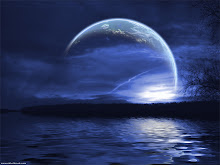The aim of a horror film is to frighten its viewers. This can be done through using conventions; these are mise-en-scene, camera work and editing, characters, narrative based on issues/themes emerging, narrative structure, icons, music and sound.
- isolated settings
- domestic settings often at night time
- dark atmosphere
- shadowy lighting
- cross cutting for suspense
- fast cutting for violent action
- point of view shots (p.o.v) for those being watched
- hand held shots
- hedonistic teenagers
- innocent girls (final girls)
- victim becomes hero
- monsters
- psychologically damaged adults
Narrative based on issues/themes:
- good triumphs evil
- conflict between good and evil
- supernatural haunting an individual
- unfinished business with the villain
- confusion with identity
- unsolved murders
- unexplained events
Narrative Structure
- conform to Todorov’s equilibrium, disruption, restoration of equilibrium
- Propp’s character theory: the villain, the hero, the donor of something magical, the helper, the princess, the princess’ father, the dispatcher who send the hero and the false hero.
- Victims using their skills to solve the crime
- Binary oppositions between good and evil, life and death, supernatural and natural- leading to resolution of those conflicts but often with a twist at the end.
Icon
- Blood
- Gore
- Knives
- Shadows
- Darkness
- Masks
- Ghosts
- Deformities
- Heartbeats
- Atmospheric suspence music
- Bangs and crashes
- Screams

No comments:
Post a Comment